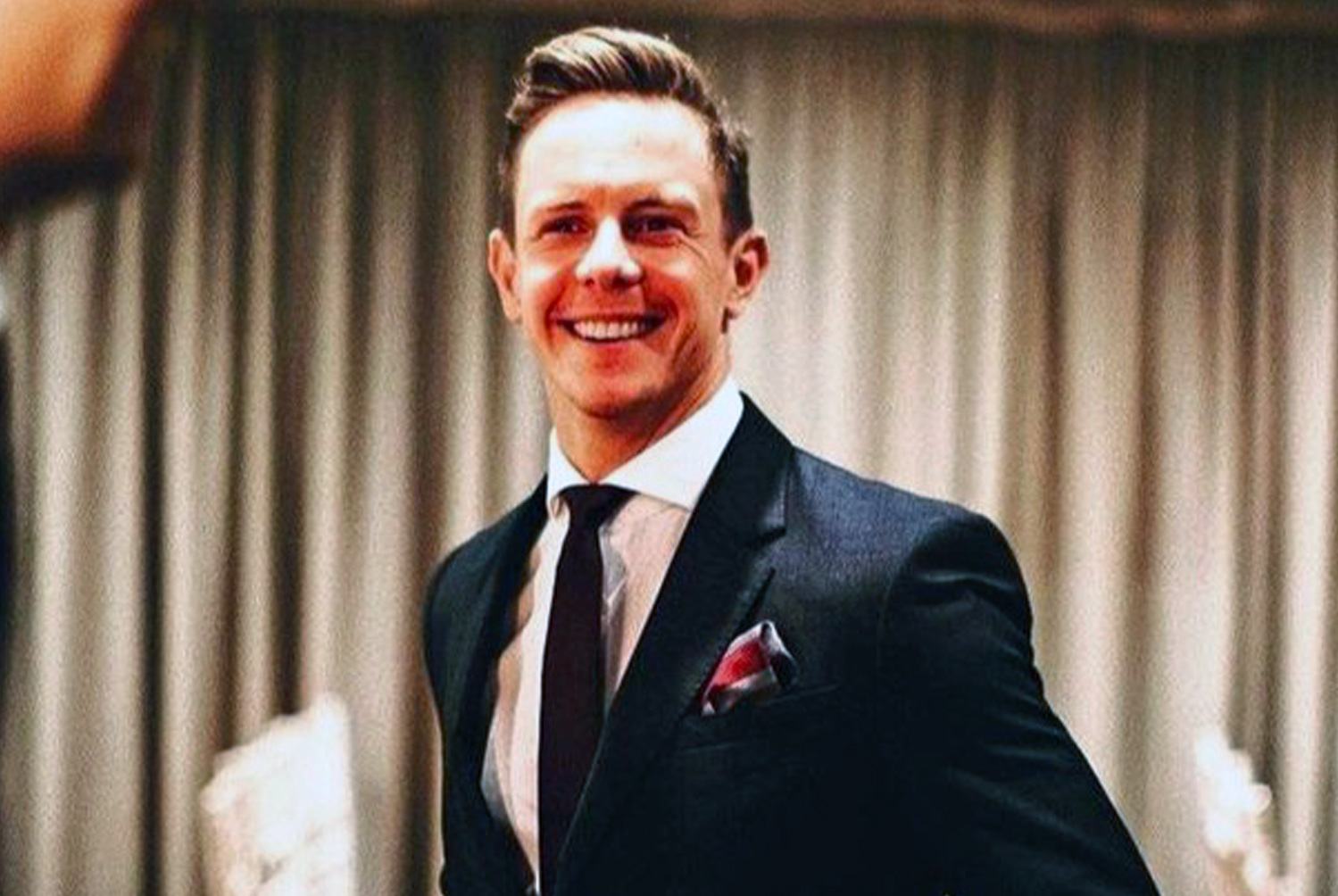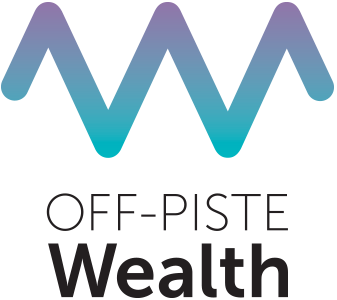
“I’m passionate about reducing financial inequalities”, a conversation with David Gregory
An Article by Lola Sherwin
David Gregory runs a financial planning company, and his aim is to promote financial literacy amongst the general public. He has recently begun running webinars which aim to help achieve this by educating people on a variety of topics. I spoke to him about making investments accessible to all, and the challenge that the COVID-19 pandemic has posed for his business.
What inspired you to pursue a career in finance?
I’ve always dabbled in investments, even before I went to university. I studied Finance and Accounting at the University of Nottingham, and that further increased my interest in finance and investments. After graduating, I secured a job in finance in the city, and I became really interested in wealth management. Ultimately I managed to end up working in that sector, and I really enjoyed doing it. Then a few years ago I was made redundant, and at that point I decided it was time to set up my own company and get more into the world of financial advice so I could help people learn to manage their wealth, which is something that’s incredibly important to me — I’m very passionate about reducing financial inequalities.
Why is it important to you to make investments accessible to all?
As I just mentioned, this is something I’m really passionate about. The main reason for that is that I think there’s a huge disparity between people who invest and people who don’t think they have the wealth to invest, and I want to change that. People tend to think that to have a wealth manager, you need to have a lot of wealth, but I don’t think that’s the case at all, so I want to help people to overcome that mentality.
There’s three categories of people when it comes to financial planning. Firstly, you have the people who have nothing in the bank, or who have outgoings which are way higher than what they can actually afford to be paying out. With these people, it’s a case of teaching them how to save more and better, and showing them the importance of investing little and often.
Secondly, you have the people that don’t know that they have enough. With this kind of client the key is finding out what their magic number is, so the amount of money they need in their lives to be happy and comfortable. A lot of people don’t realise that they actually do have enough money, in which case it’s a worthwhile exercise for them because it makes them realise they have enough money coming in to be able to think about investing more of their disposable income.
Finally, there’s the people that have a lot of money. In these cases, it’s all about helping them to plan their estate as tax-efficiently as possible, and aiding them with choosing the right sort of investments so that they don’t lose their wealth.
In every single one of these cases, there’s a role for a wealth manager. When I talk about making investments accessible to all, I’m talking about breaking down the barriers and educating people as much as possible. Financial literacy isn’t really taught in the educational system, so people often reach adult life without knowing the basic foundations of financial management. That’s why I’ve starting running webinars which cover different financial topics every month. They’re an attempt to educate people on these important topics, which ultimately will help them to understand how they can grow their wealth, even if they start with very little.
What’s the biggest challenge you’ve faced in your career, and how did you overcome it?
At the moment, the biggest challenge has to be the difficult situation that COVID-19 has created. It’s been tough trying to get people to have confidence in the system and to want to invest, but that’s part of the reason I’ve created the webinars. I realised that so many people haven’t got a clue about investments, and that was a lightbulb moment for me.
The big challenge is trying to get people to start investing and to not be scared by what’s being reported in the media about the economy. The workshops aim to encourage people to feel confident about investing their money. Understandably, people are nervous about what’s round the corner and they’re unsure about parting ways with their money, but the webinars are about showing them that it’s worthwhile and improving their financial literacy at the same time.
I’ve had to change the way I go about my business massively in the last few months. I’ve really had to think outside the box, but I think my way of overcoming this challenge has been to start running my webinars in order to instill confidence in people when it comes to their finances.
What’s your 5 year career plan?
Ultimately, the plan is just to grow the business as much as possible. I’m looking at expanding more into the sports and entertainment industries at the moment — we’ve sponsored Wimbledon Hockey Club this year and we have big plans to work with their pro athletes on their financial planning. In the next 5 years I would ideally like to have broken into those industries, because cracking those markets would be an incredible step for the business.
Another thing is that I want to keep promoting financial literacy. I want to get people making smarter decisions with their money, that’s basically what my job entails on a daily basis. It doesn’t matter if you have a few thousand pounds in the bank or a few million, the principles of financial literacy are pretty much the same, and I want to help people to understand that.


